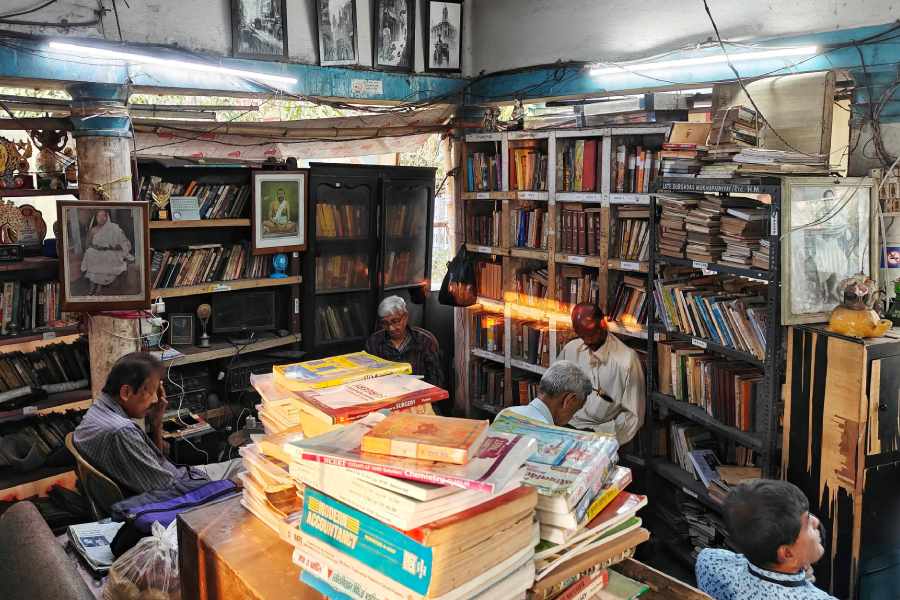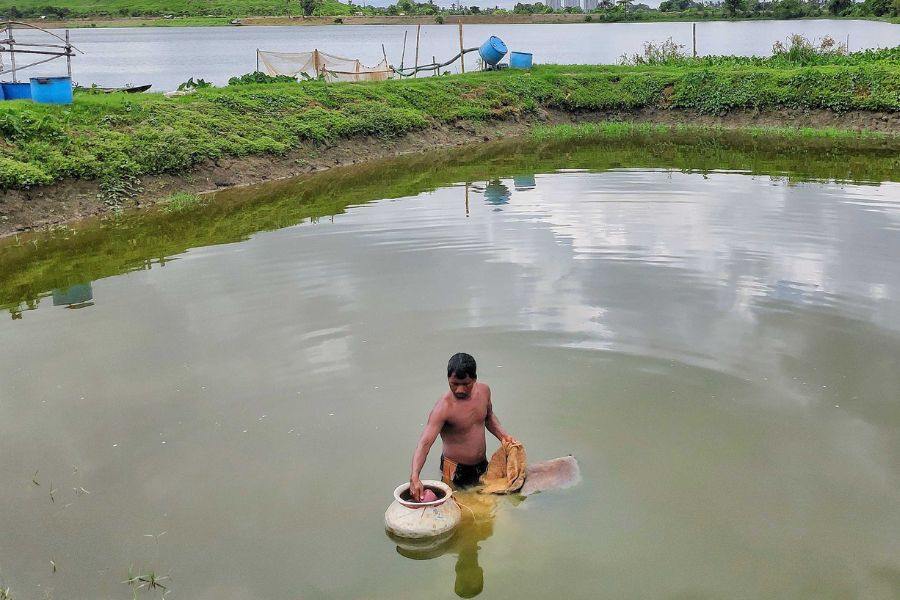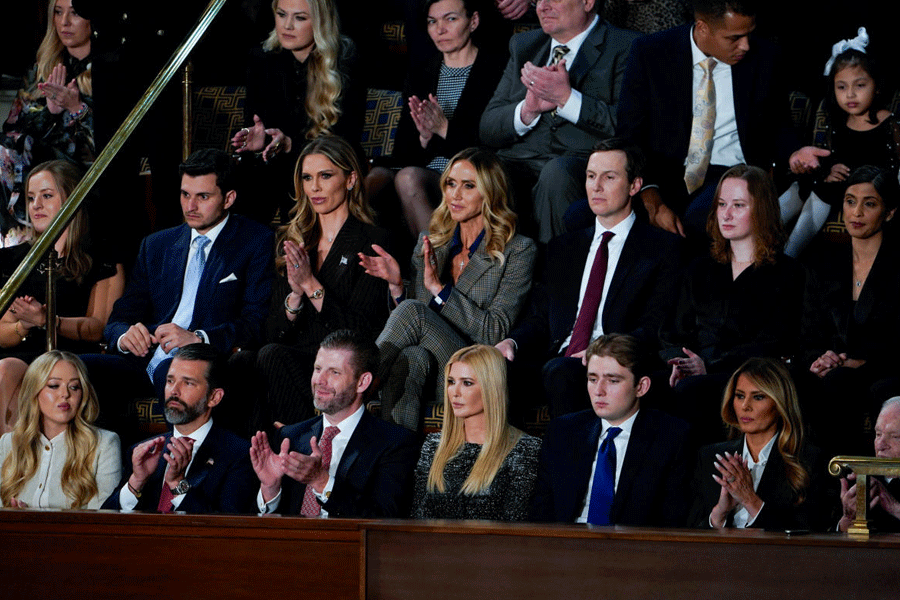 Wednesday, 25 February 2026
Wednesday, 25 February 2026
 Wednesday, 25 February 2026
Wednesday, 25 February 2026
There’s one crucial word missing from the condemnations that have poured in from around the globe after the Pahalgam attack. Every global leader has oozed sympathy for India. But the missing word in all this is: Pakistan.
The only mention of India’s nuclear power neighbour came from US Vice President J.D. Vance in an interview with Fox News. Vance came out as bluntly as international diplomacy allows, remarking sharply that he hoped that “Pakistan, to the extent that they’re responsible, cooperates with India to make sure that the terrorists sometimes operating in their territory are hunted down and dealt with.”
Okay, there’s a big caveat in that statement – “to the extent that they’re responsible”. In the same interview, Vance attempted to pour oil on troubled waters, saying: “Our hope here is that India responds to this terrorist attack in a way that doesn’t lead to a broader regional conflict.”
Russian President Vladimir Putin, in a phone conversation with Prime Minister Narendra Modi on Monday, conveyed that the perpetrators of the Pahalgam terror strike must be brought to justice.
“He conveyed deepest condolences on the loss of innocent lives and expressed full support to India in the fight against terrorism," the ministry of external affairs said in a social media post.
But Putin stopped short of accusing Pakistan of terrorism or holding Islamabad responsible.
On May 2, Russia's foreign minister Sergey Lavrov had a telephone conversation with external affairs minister S. Jaishankar.
“The Foreign Ministers discussed topical issues of Russian-Indian interaction as well as the exasperation of Indian-Pakistani relations following the terrorist act in Pahalgam,” the Russian statement said.
“Sergey Lavrov called to settle the differences between New Delhi and Islamabad by political and diplomatic means on a bilateral basis in conformity with the 1972 Simla Agreement and the 1999 Lahore Declaration,” it added.
The choice of the word “exasperation” is telling, but it still falls far short of the kind of condemnation of Pakistan the Narendra Modi government has tried to elicit from the world.
Lavrov’s mentioning the Simla Agreement of 1972 and the Lahore Declaration of 1999 effectively means he’s telling India not to go to war.
Some of that exasperation – of not being able to get the world to condemn Pakistan unequivocally – has shown up.
In answering a question on India's expectations from Europe, external affairs minister Jaishankar recently said: "When we look out at the world, we look for partners; we do not look for preachers, particularly preachers who do not practise at home and preach abroad.”
Even in the UN Security Council discussion on the rising tensions between India and Pakistan at closed-door consultations on Monday, envoys called for de-escalation.
PTI said quoting sources that Pakistan was asked “tough questions” and that most members had rejected Islamabad’s claim of Pahalgam being a “false flag” operation. The 15-member UNSC did not issue a statement after the meeting, but Pakistan claimed that its own objectives were "largely served".
Greece, president of the UNSC for the month of May, had scheduled the meeting on Monday following a request by Pakistan, which is currently a non-permanent member.
Khaled Mohamed Khiari of Tunisia told newspersons that there was a call for “dialogue and peaceful resolution of the conflict.” He noted that the “situation is volatile.”
PTI said quoting sources that Pakistan “was advised to sort out the issues bilaterally with India”.
Reactions to the attack came in on predictable lines. The strongest rebuff to India’s push to isolate Islamabad came from Jiang Zaidong, the Chinese ambassador to Pakistan.
“The Chinese Ambassador reaffirmed the enduring and time-tested friendship between China and Pakistan, describing the relationship as one of ironclad brothers who have always supported each other in challenging times,” Radio Pakistan reported.
Almost equally strongly, on April 23, Turkish President Recep Tayyip Erdogan expressed Turkey’s full support of “Pakistan’s efforts to eliminate terrorism.” There have been reports of Turkish military planes landing in Pakistan with supplies.
Leaders from the US, the European Union, Russia, and other global powers have condemned the Pahalgam attack, expressed condolences for the victims and underlined the need for justice. But their calls avoided direct attribution of blame to Islamabad.
French President Macron condemned the attack and expressed full support and solidarity with the people of India. Leaders of the European Union, France, Italy, Greece, and South Korea all condemned the attack and expressed solidarity.
Leaders of Middle East and West Asia, from Kuwait, Qatar, Saudi Arabia to Egypt, Jordan and Israel, everyone issued statements condemning the attack,
The condemnation followed a pattern. Jaishankar reached out to most nations and then the ministry posted the nations’ denouncement on its official social media account.
India has maintained a consistent and unambiguous line: that the Pahalgam terror attack is a case of cross-border terrorism with clear links to Pakistan.
The strongest remarks came from defence minister Rajnath Singh during his phone call with US defence secretary Pete Hegseth. Singh accused Pakistan of being “exposed as a rogue state” that has a history of “supporting, training and funding terrorist organisations.”
According to the official readout, Singh told Hegseth the world can no longer “turn a blind eye” to terrorism.
It is believed that the threat of the US deploying its Seventh Fleet did not stop Indira Gandhi from carving out Bangladesh in less than two weeks of war, but there are many analysts who also feel the US did achieve its real objective of stopping the dismemberment of West Pakistan.







